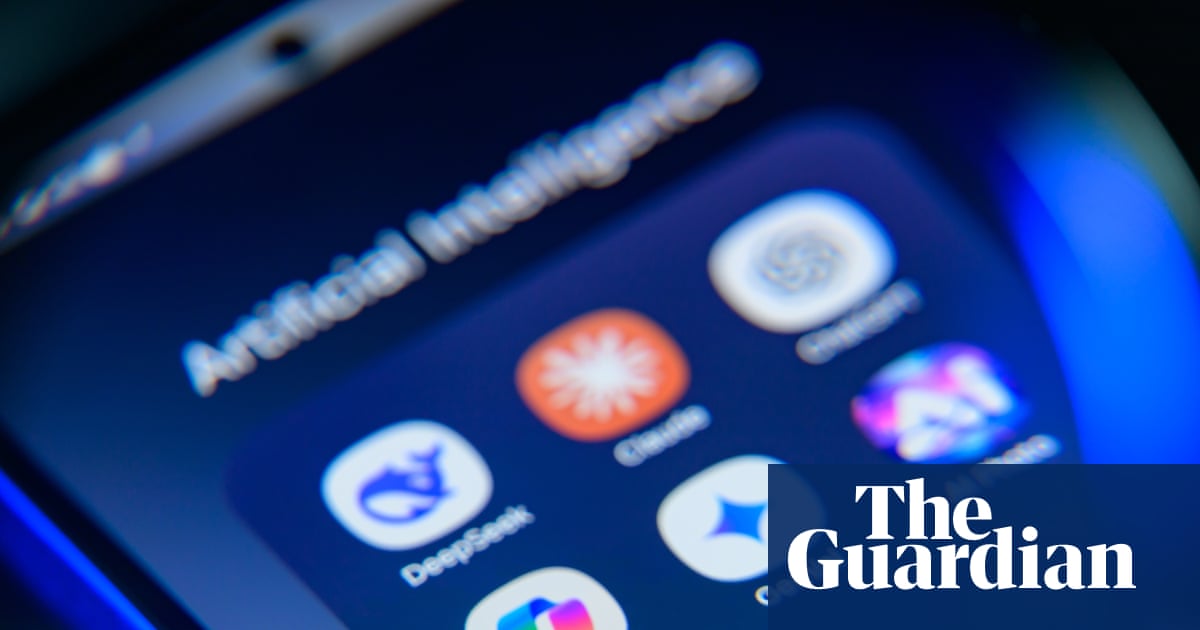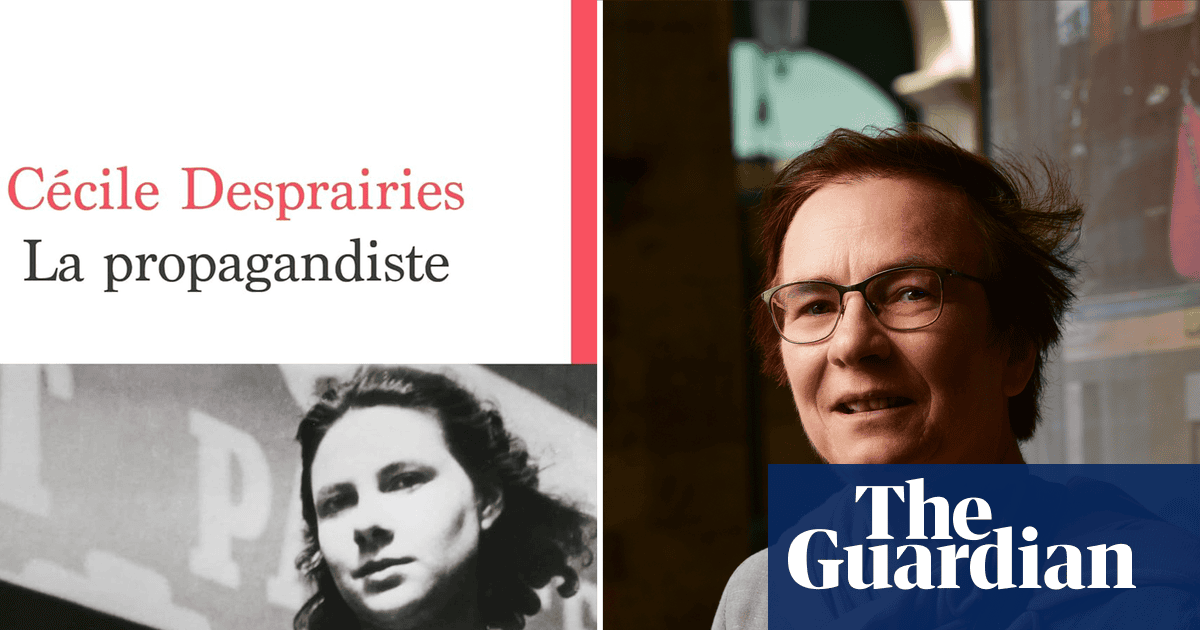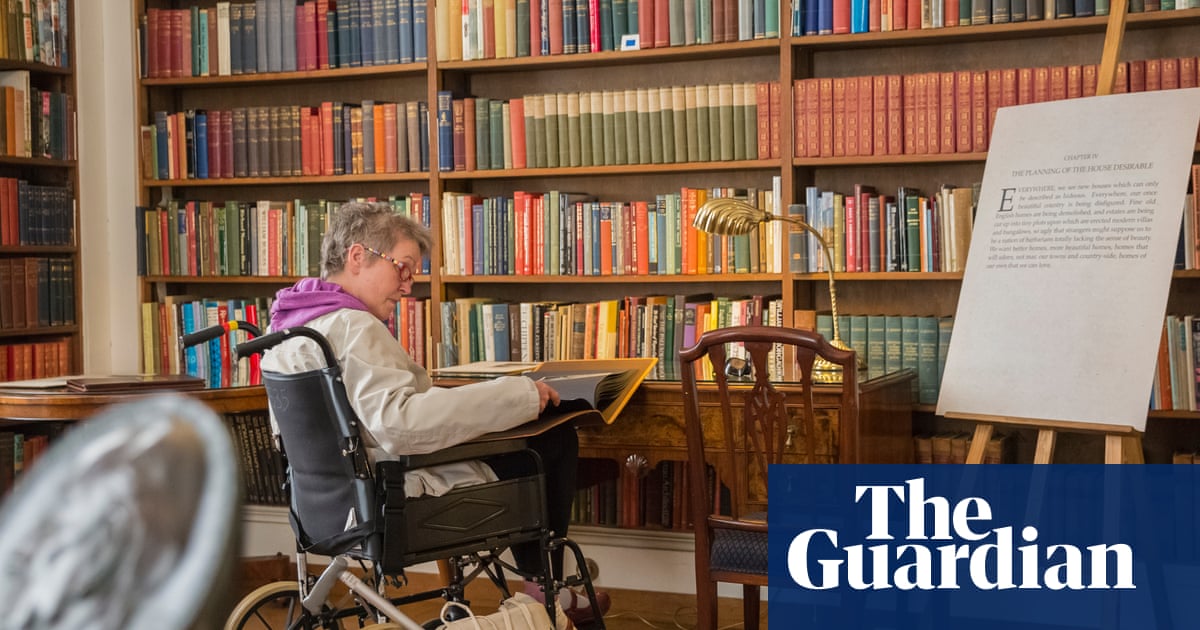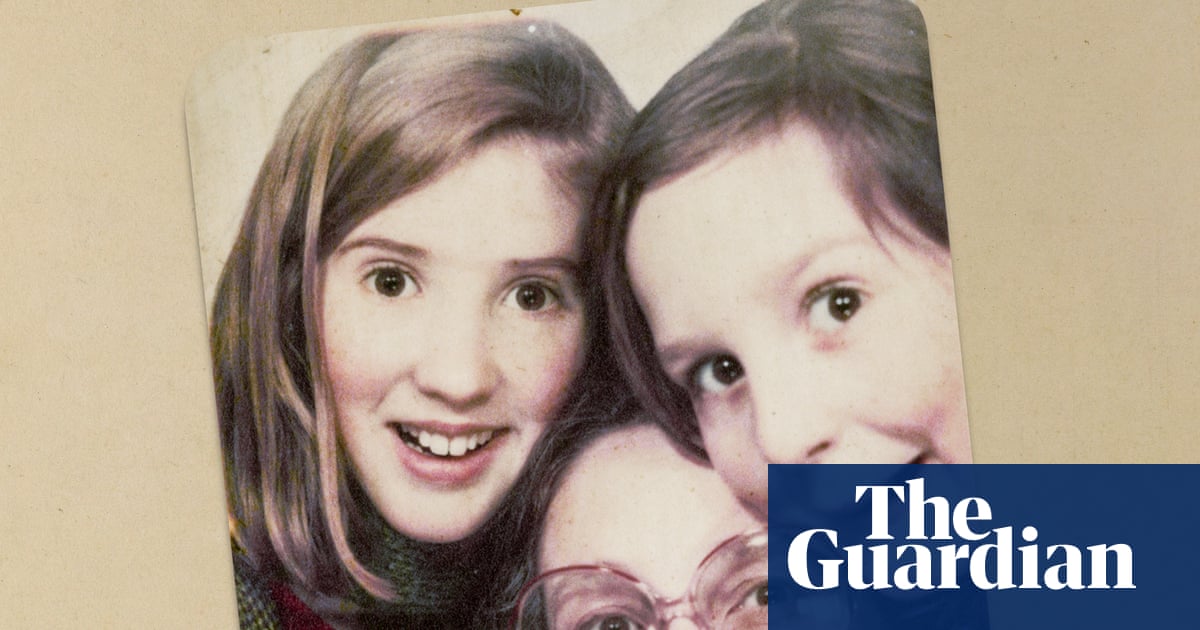Like many of my fellow gen-Zs, I am learning the perils of embarking fully into my professional life. My partner and I have spent many nights agonising over career directions, what investments to make and how to map out our next 10, even 20 years.
How lucky am I to do so in this age? Never before have we lived in an era with more information, analysis and hot takes. Artificial intelligence scrapes a billion thoughts to create large language models to outsource our therapy, our grieving and decision making.
There is no shortage of advice to read and follow, and if you’re reading this you probably already believe fundamentally in the power of the word to persuade.
You might get a rude shock from the Daodejing. The relatively short Chinese philosophy text is credited to the great master Laozi (who probably didn’t exist). The way of life portrayed in it, Daoism (or Taoism), isn’t a religion in the way of temples and rituals, but more in the way of a philosophy. Living in tune with the natural order is at its heart.
The Daodejing is more than 2,000 years old and likely from the Warring States period of Chinese history. Its more than 5,000 characters sum up in poetic verse how to live in accordance with “the way’ (the Dao) and its virtues (the De).
But if you hope this might read like any other self-help book, you better hold on to your sticky notes.
Take its first par:
The Tao that can be told is not the eternal Tao
The name that can be named is not the eternal name
You could dismiss this as philosophical gobbledegook but that’s perhaps the point. I’m not going to even explain it to you. Do your job! You may yell back at me. But its inscrutability is its power. Perhaps those authors knew 2,000 years ago it would be impossible to perfectly convey anything in words and opted instead for a vibe.
I have seen my generation agonise over how to act and how to be. What’s the best thing to say? What words mean what? We spend our time optimising and maxxing all aspects our lives into aesthetic colour-coded calendars.Thanks to social media, we are more perceived and judged than ever before. Not only are we afraid of embarrassment but we are also afraid of being misunderstood and taken out of context. We worry over every word and image to ensure we are expressing ourselves correctly. But the Daodejing shows through contradictions the limitations of words and language:
Nothing in all beneath heaven is so soft and weak as water.
And yet, for conquering the hard and strong, nothing succeeds like water.
And nothing can change it:
weak overcoming strong,
soft overcoming hard.
This is not to say we should all live our life passively without thinking. But I have found living life clutching to absolute ideas and truths to be tiring. In Daoism, this go-with-the-the flow attitude is called wuwei, and is often translated as effortless action.
In explaining this to you, I have given you my biases and prejudices. My idea of what these words mean. My words contain ideas beyond containing. The universe is inherently contradictory: water nurtures yet it drowns, the sun cultivates yet it burns. How can simple words convey what is meant to be experienced with all five senses? I’m unsure of an existence beyond my own cognition. The only person that is able to understand how to walk your path and to do so with virtue is you.
As another great philosopher (Yoda) once said: “Do or do not. There is no try”. So put down this article and go do.

 3 months ago
127
3 months ago
127

















































